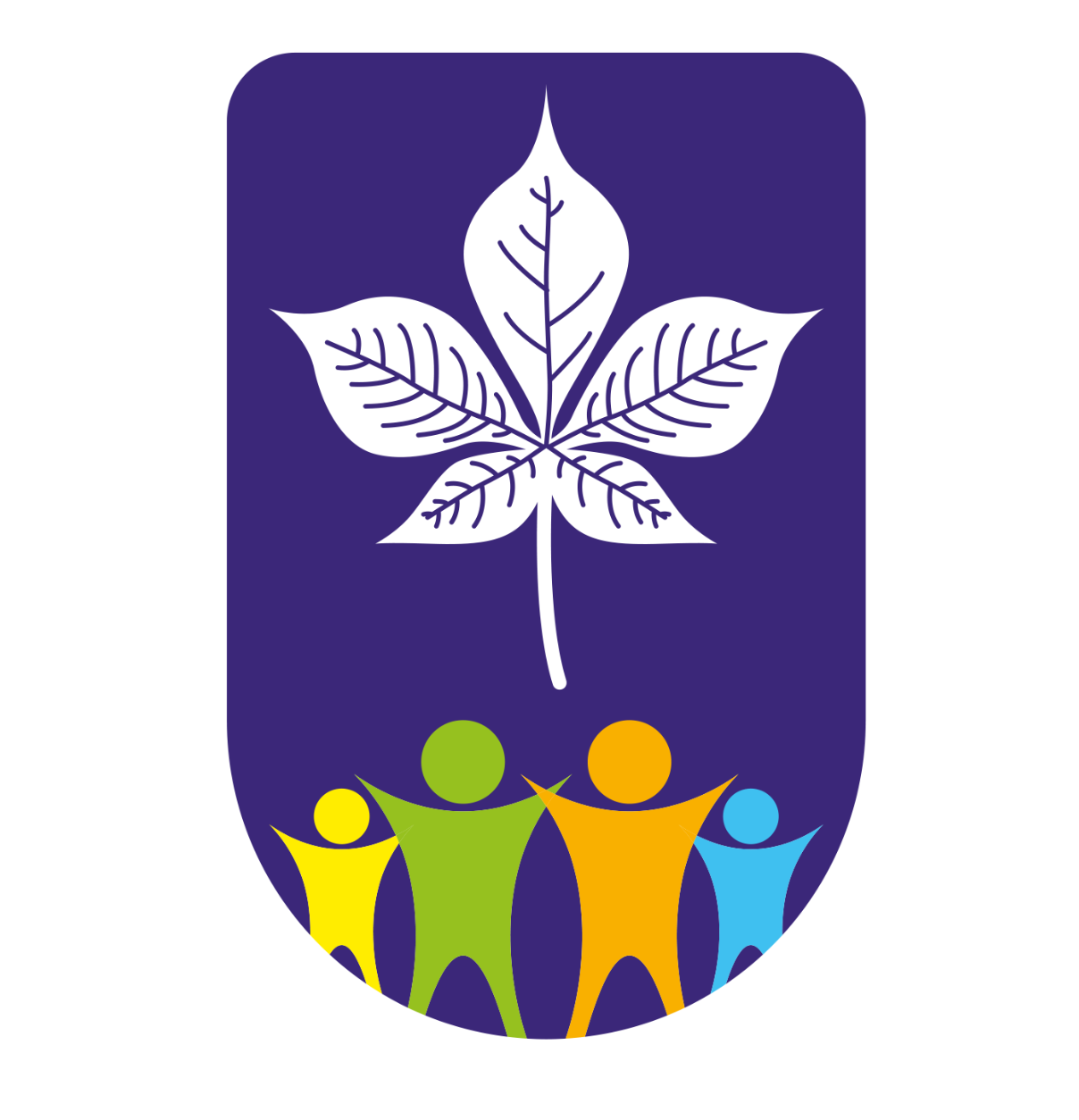Computing
Characteristics
-
Competence in coding for a variety of practical and inventive purposes, including the application of ideas within other subjects.
-
The ability to connect with others safely and respectfully, understanding the need to act within the law and with moral and ethical integrity.
-
An understanding of the connected nature of devices.
-
The ability to communicate ideas well by using applications and devices throughout the curriculum.
-
The ability to collect, organise and manipulate data effectively.
Intent
At Badby, we aim to give all our learners opportunities to code, connect, communicate and collect information in a range of contexts, to build a wide range of computer skills to understand and change the world. Computing encourages pupils to use logical reasoning to predict the behaviour of simple programs and teaches pupils how to flourish in a connected world, developing their sensitivity to others online, treating them with respect, and showing respect for their privacy. At Badby we teach pupils how to keep safe online, and where to go for help and support.
Through computing, pupils are more able to actively participate in a rapidly changing technological world. This will enable pupils to express themselves and develop their ideas through information and communication technology, at a level suitable for the future workplace and as active participants in a digital world.
In line with the 2014 National Curriculum, our curriculum aims to equip children to use computational thinking and creativity. Computing teaches the children the principles of information and computation, how digital systems work and how to put this knowledge to use through programming.
Implementation
When is Computing taught?
Computing is taught through thematic units, both through Skills Development Tasks and through learning which then apply those skills. The Satellite View maps out which thematic units feature this subject and clearly shows the objectives taught.
How is Computing taught?
Computing is taught through a combination of subject knowledge and coding, programming, researching and presenting information. Learning takes place both inside and outside the classroom. Learning is adapted to suit the ability of all pupils including those with SEND.
What do we learn about in Computing?
We learn about the following:
- Online Safety
- Computer Science
- Data
- Communication
- Technical Vocabulary
- Multimedia.
- Animation
- Computer-aided design
How do we assess and monitor Computing?
Knowledge is shown through double page spreads at the end of a unit.
We monitor skills through the children’s work and evidence folders and skills ladder.
Impact
Most children reach end of year expectations documented in the satellite view maps from Dimensions.
Children’s progress is tracked using information from their double page spreads at the end of a unit, a skills checklist and teacher assessments.
Children are able to independently apply their knowledge and skills to a range of different scenarios.
Children are coding, programming and debugging with increased confidence and accuracy.
Children are able to present their work using different computer programs and can explain how to be safe online.

